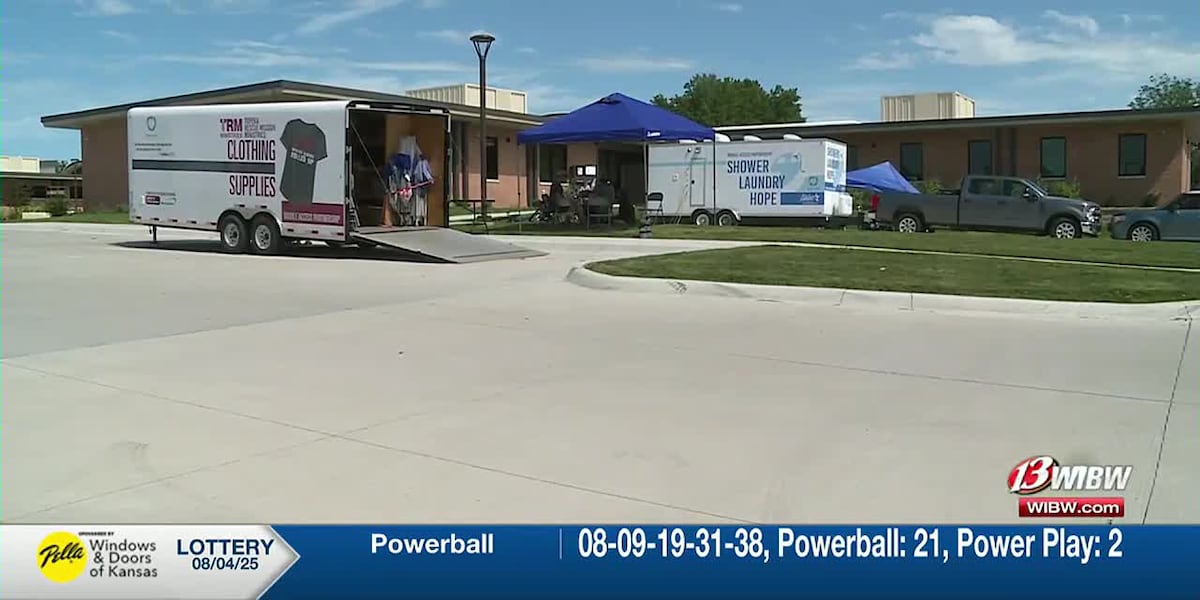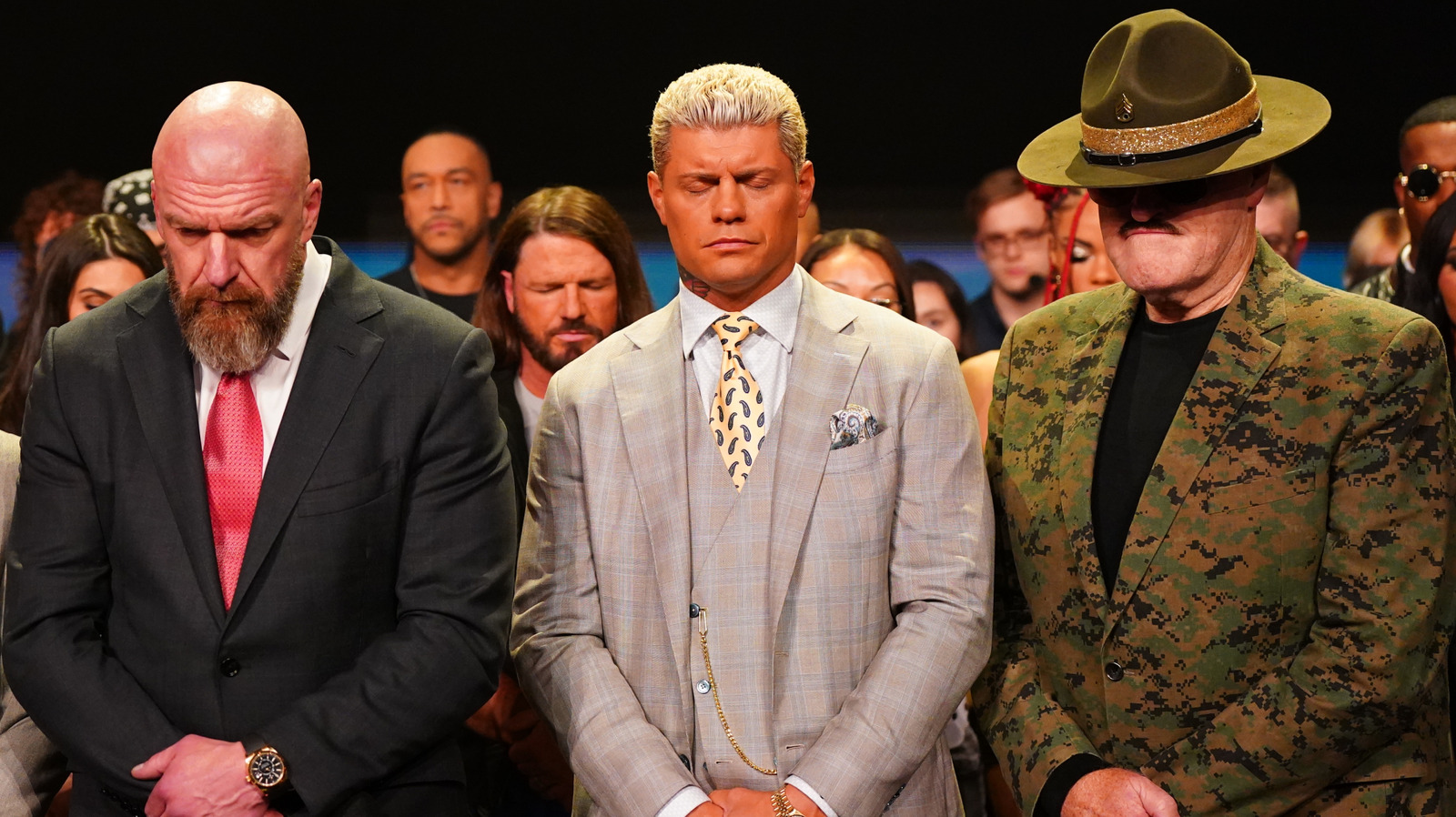Nebraska GOP Communications Director Denies Nazi Salute Accusation: 'My Arm Was Just Up'

A photograph featuring Nebraska Republican Party Communications Director Haile McAnally and her dog has sparked controversy online, with accusations of a Nazi salute being leveled against her. McAnally swiftly denied the allegations, stating that the gesture was unintentional and devoid of any meaning.
The image, which circulated rapidly on social media platform X (formerly Twitter), showed McAnally with her arm raised in a manner that some users interpreted as resembling the infamous Nazi salute. The controversy quickly escalated, prompting widespread discussion and debate.
Responding to the accusations, McAnally addressed the matter directly on X, stating, "My arm was just up. There was zero meaning behind it." She emphasized that the pose was purely coincidental and lacked any political or ideological intent.
The incident highlights the heightened sensitivity surrounding political symbols and gestures, particularly in the current climate. Even unintentional actions can be misconstrued and amplified through social media, leading to swift and often intense reactions. The speed at which accusations spread underscores the importance of careful consideration and clear communication in the digital age.
While McAnally's explanation appears straightforward, the controversy has nonetheless drawn attention to the Nebraska Republican Party and its communications strategy. The incident serves as a reminder of the potential pitfalls of online visibility and the need for proactive crisis management.
The Nebraska Republican Party has not issued a separate statement beyond McAnally's response on X, indicating a strategy of allowing her to address the situation directly. It remains to be seen whether the controversy will have a lasting impact on McAnally’s role or the party’s public image.
This situation also raises broader questions about the interpretation of body language and the potential for misrepresentation in online contexts. The incident serves as a cautionary tale about the challenges of navigating the complexities of social media and public perception.





